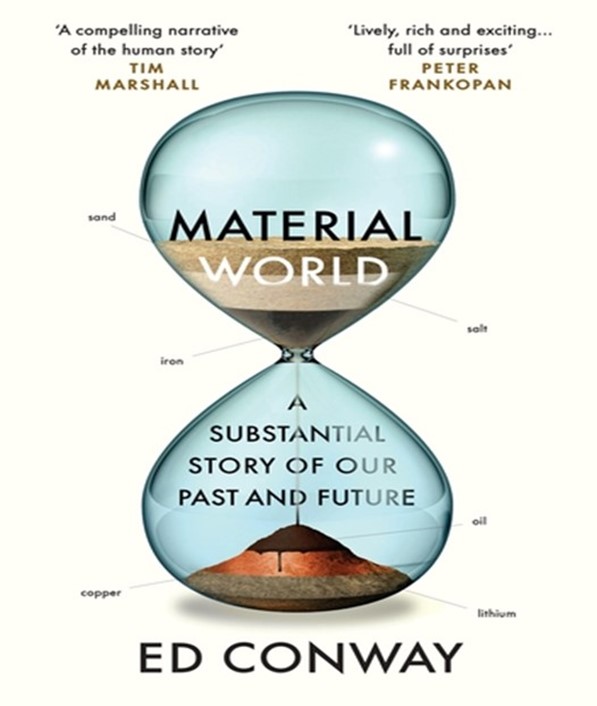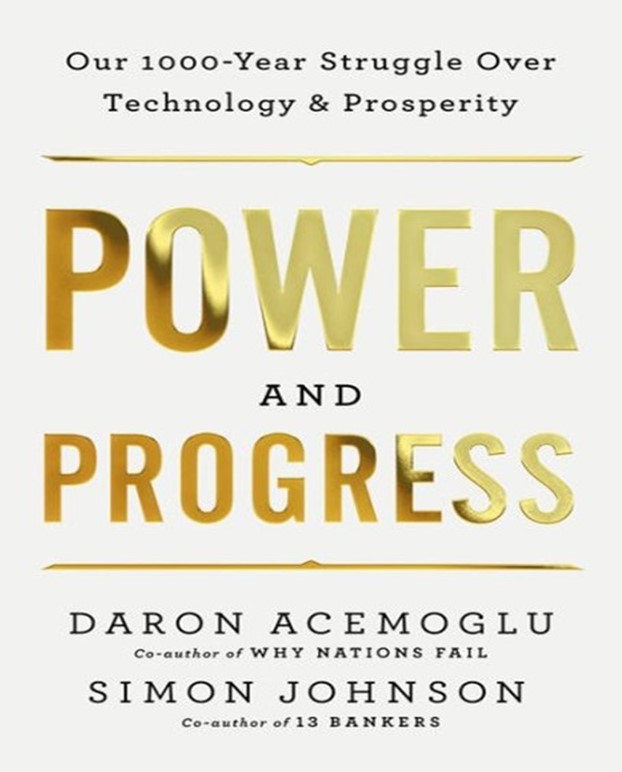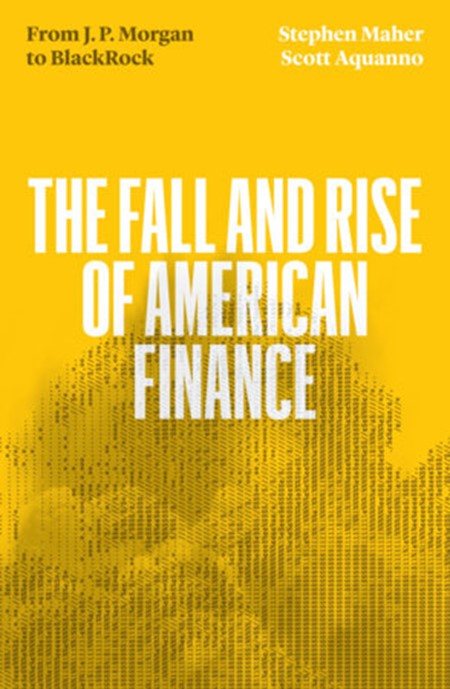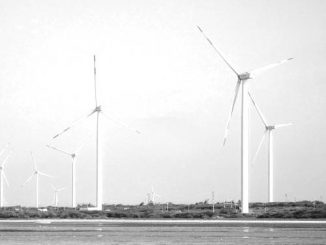Every year at this time, Michael looks back at the books that he reviewed during the year
Michael Roberts is an Economist in the City of London and a prolific blogger
Cross-posted from Michael Roberts’ blog
Let me start with the The Big Con: How the Consulting Industry Weakens our Businesses, Infantilises our Governments and Warps our Economies. by Mariana Mazzucato and Rosie Collington.

Mazzucato has built up a big reputation for espousing the benefits of public investment and the public sector over the private. scanning her popularity from the left in the labour movement through to mainstream governments in Europe and Latin America. In this new book, Mazzucato and Collington expose the scam that the management consultancy business is.
Their premise is that consulting is really a confidence trick. “A consultant’s job is to convince anxious customers that they have the answers, whether or not that’s true”. The authors point out that governments and companies everywhere rely on consultancies, companies that ‘talk the talk’ but know little about the problems they claim to solve. Billions are parted everywhere to the likes of McKinsey and other ‘management consultancies’ with little resulting benefit. The ‘management consultancy con’ is really a product of neo-liberal ideology that the private sector knows best and will be more efficient than public sector workers doing the job. Mazzucato and Collington expose the scam but are vague about what to do about it. Still an eye-opening book on the myth that work for profit is more ‘efficient’ than work for need.
Branco Milanovic is the world’s greatest expert on global inequality of wealth and income. In 2023 he published yet another book, Visions of Inequality.

This takes a different approach from analysing the stats on inequality. Instead Milanovic discusses those he considers provide the most important explanations of why inequality of wealth and income is so great between humans. As Milanovic puts it: “The objective of this book is to trace the evolution of thinking about economic inequality over the past two centuries, based on the works of some influential economists whose writings can be interpreted to deal, directly or indirectly, with income distribution and income inequality. They are François Quesnay, Adam Smith, David Ricardo, Karl Marx, Vilfredo Pareto, Simon Kuznets, and a group of economists from the second half of the twentieth century (the latter collectively influential even as they individually lack the iconic status of the prior six).” The latter includes Thomas Piketty.
In my review, I concentrated on Milanovic’s account of Marx’s view. Milanovic unfortunately accepts many misconceptions about Marx’s value theory and the law of the tendency of the rate of profit to fall, which I think leads him to conclude that a falling rate of profit will mean reduced inequality because it is the rise in real wages that lowers profitability. I think this confuses the rate of surplus value with the rate of profit.
Nevertheless, Milanovic correctly argues that Marx considered that any distribution of income and consumption was only a consequence of the distribution of the conditions of production. The capitalist mode of production rests on the fact that the material conditions of production are in the hands of non-workers in the form of property in capital and land, while the masses are only owners of their personal condition of production, of labor power. Thus, the distribution of income and wealth cannot be changed in any material way until the system is changed. “To clamor for equal or even equitable remuneration on the basis of the wages system,” Marx writes, “is the same as to clamor for freedom on the basis of the slavery system.”
“For all that we are told we live in an increasingly dematerialised world where ever more value lies in intangible items – apps and networks and online services – the physical world continues to underpin everything else.” So starts Ed Conway, economics editor at the British Sky TV channel, in his fascinating little book, Material World.

The vast bulk of the world economy is still built on the production of things, ‘stuff’ that can be commodified from the labour of billions. The material world, as Conway calls it, is still the basis of the global economy. Conway singles out just six key materials that drive the world economy in the 21st century: sand, salt, iron, copper, oil and lithium. They are the most widely used and the very hardest to replace. In the book, Conway takes us on a journey of history and technology surrounding these key resources.
Conway notes two things that Marx’s value theory predicts – of course, unknowingly. “As the amount of stuff we remove from the ground and turn into extraordinary products continues to increase, the proportion of people needed to make this happen decreases.” Thus there is a continual rise in what Marx called the organic composition of capital.
And the other is that capitalist production takes no account of what mainstream economics calls ‘externalities’, the ‘collateral damage’ to the environment for humans and the rest of the planet. “There are no environmental accounts or material flow analysis, which count only the refined metal. When it comes to even the United Nations’ measures of how much humans are affecting the planet, this waste rock doesn’t count.” Conway ends his book with the great contradiction of the 21st century: global warming and climate change. How can the world get to ‘net zero’ when it needs so many raw material resources?
Can technology do the trick? This is the issue that Daren Acemoglu poses in his book, Power and Progress – a thousand- year struggle over technology and prosperity’, jointly authored with Simon Johnson. Acemoglu is a leading economist on the impact of technology on jobs, people and economies. I have referred to his work before in various posts.

In Power and Progress, we get a sweeping historical account of how technology has taken humanity forward in terms of living standards but also often created misery, poverty and increased inequality. The book considers what can be done to ensure that the gains from the productivity ‘bandwagon’ of modern technology like robots, automation and AI can be spread among the many and not just garnered by the few.
The authors fall back on the ‘policy levers’ of taxation and subsidies to research; regulation of markets; the breaking up of the big tech monopolies; and stronger trade unions. All these measures in one form or another have failed sufficiently to achieve the spread of the gains of technology in the past and would for the current innovations – assuming these policies were ever to be implemented. What Power and Progress tells us about technology and its impact on our lives, for good or bad, is that whoever has the power gets the benefit.
On the same theme of the impact of technology, Matteo Pasquinelli authors a book called In the eye of the master, which argues that, whereas in the past labour was supervised and controlled by the masters ( the owners and their agents, the managers), now supervision will be increasingly automated. So, instead of AI and automation being used collectively by us all, machines will rule our lives for the benefit of the master.

The theme of an increasingly authoritarian state is raised in a new book, entitled, The rise and fall of American Finance by Stephen Maher and Scott Aquanno.

The authors argue that the ‘financialisation’ of capitalism since the 1980s has not weakened the capitalist mode of production but changed and strengthened its ability to exploit with the support of “an increasingly authoritarian state.” The authors claimed that they were arguing differently from “strict financialist theorists” by not claiming “a qualitatively new phase of capitalist development is emerging” but just the same interlocking of finance, industry and the state that has always existed in capitalism.
What to do about this authoritarian state? The authors’ policy conclusions are vague, namely that: “reducing economic inequality and bringing investment in “Good Jobs” back to the United States requires challenging the competitive logic of global financial integration with state-imposed barriers on the movement of investment worldwide.” Or to be clearer: “establishing a greater public role in determining the allocation of investment”. That seems somewhat feeble if capitalism is taking a more repressive formation.
Two of my book reviews have caused some controversy among readers and others. The first is Dependency theory after 50 years, by Claudio Katz. Katzo delivers a comprehensive account of dependency theory as expounded mainly in Latin America over the last 50 years.

Dependency theory is really a theory of imperialism. Dependency’ can take different meanings but in essence it identifies two main groups of countries in the global economic system: the core and the periphery. The core countries are wealthy countries that control the global economy. The periphery countries are poor countries that are dependent on the core countries for trade, investment and technology. ie prosperity.
Katz concentrates his account of dependency theory on its Marxist variant, which argues that these countries will remain ‘dependent’ because of the huge extraction of value from labour in their economies to the imperialist bloc through trade, finance and technology. What Katz does show is that Marx’s value theory of “productive globalization based on the exploitation of workers remodels the cleavages between center and periphery through transfers of surplus value.” And it is “the omission of that mechanism prevents the critics of dependency from understanding the logic of underdevelopment.”
I have got some stick from supporters of the theory because of my criticism in my review of Argentine Marxist economist Mario Marini who developed a theory of ‘super-exploitation’ and the idea of ‘sub imperialism’, ie small imperialist countries. Even though I have doubts about the validity of these two concepts in explaining modern imperialism, Katz does show how Marini seemed close to a classic Marxist view that imperialist gains are a product of ‘unequal exchange’ in international trade and the general extraction of surplus value from the periphery.
Long standing Marxist scholar, Fred Moseley presented a new book entitled Marx’s theory value in, Chapter one of capital: a critique of Michael Heinrich’s value form interpretation. The book discussed the debate over the meaning of the value form of commodities under capitalism.

Moseley interprets Marx to argue that there is a common property of all commodities that determines their value, namely the objectified abstract human labour contained in commodity production. Leading Marxist scholar Michael Heinrich argues, on the other hand, that labour in production is only concrete labour and abstract labour comes to exist only in exchange.
It’s a complicated plot but the debate does have important implications for our understanding of capitalism. For me, Marx’s analysis of the value in a commodity is about showing the fundamental contradiction in capitalism between production for social need (use-value) and production for profit (exchange value). Units of production (or commodities under capitalism) have that dual character which epitomises that contradiction. In my view, Heinrich loses that contradiction by arguing that Marx meant a commodity only has value when it is sold for money on the market and not before in production through the exploitation of human labour.
It is no accident that Heinrich dismisses Marx law of profitability as illogical, ‘indeterminate’ and irrelevant to explaining crises and instead looks excessive credit and financial instability as causes. Heinrich even claims that Marx dropped his law of profitability – although the evidence for that is non-existent. If profits (surplus value) from production by human labour disappear from any analysis to be replaced by profits from exchange for money, then we no longer have a Marxist theory of crisis or any theory of crisis at all.
Michael Roberts
“Brave New Europe has made a vital contribution to radical analysis of world events, economic developments and the condition of our planet. It should be supported by all who are striving to make fundamental changes for the better”
To Donate Click HERE





Be the first to comment